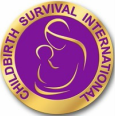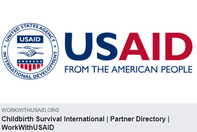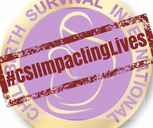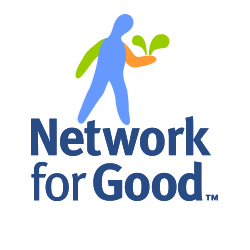 In 2017, as part of the theme for the International Day of the Girl Child, the World Health Organization (WHO) stated that “during crises, girls face intensified challenges to their sexual, reproductive health.1” Over the past 20 months, the world has been grappling with the COVID-19 pandemic, which has affected many programs geared towards protecting women and girls. As we move forward and begin to recover from the effects of this pandemic, we must revisit and highlight this key message from the WHO to address development, safety, and health, particularly reproductive health of women and girls around the world. Adolescent pregnancy (girls between 15-19 years old) is a global issue of public health concern and occurs at consistently higher rates in marginalized and socioeconomically challenged communities. As of January 2020, the WHO estimated that 21 million girls aged 15-19 years in developing regions become pregnant and 12 million give birth2. In these young mothers, pregnancy and childbirth complications are the leading causes of death and adolescent girls are at a higher risk of pregnancy-related complications such as eclampsia and septic infections2. Additionally, due to the young age of the mothers and other social and cultural challenges they navigate as young mothers, newborns of adolescent girls are likely to have poor health outcomes. The COVID-19 pandemic has exacerbated these maternal health conditions, and the adverse impact of this pandemic is yet to be comprehended. A 2020 report by the United Nations Women highlights that over the past 12 months, “243 million women and girls aged 15-49 have been subjected to sexual and/or physical violence…3”. They estimated that these numbers are likely to increase as nations continue to implement public health measures and mandates to curb the rising rates of COVID-19 infection. While countries like the United Kingdom, Canada, China, Argentina, and others transitioned to using online technology to ensure the protection of women and girls, several developing countries could not implement similar innovative solutions due to a lack of access to digital resources. Following the commemoration of 2021 international day of the girl child theme, “Digital generation. Our generation,4” stakeholders, advocates, and leaders must recognize that in bridging the digital gap globally, it is necessary to:
References:
By: Palmira Mangae
3 Comments
Fernando Johnson
11/28/2021 06:26:24 am
Young girls need care and support…. Thank you for the hard work
Reply
Palmira Mangae
11/28/2021 11:24:49 pm
Thank you, Fernando.
Reply
3/9/2023 12:47:28 am
I appreciate you saying that it is important to provide females with access to information on reproductive health, such as how to avoid getting STDs, how to use contraception, how to use PrEP, and other topics. My acquaintance is infected with a sexually transmitted virus. I'll advise her to contact the group for reproductive health.
Reply
Leave a Reply. |

 RSS Feed
RSS Feed




